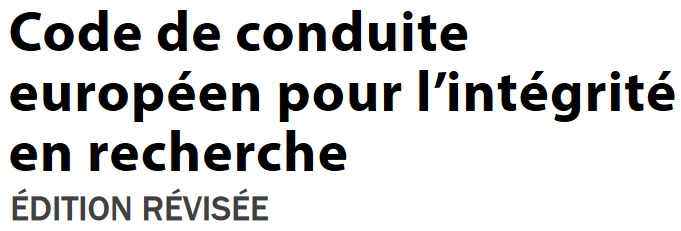Si l'on ne publiait que des revues systématiques et méta-analyses faites à partir de données individuelles des patients, la science serait plus propre… Nous sommes pollués par de fausses revues systématiques et méta-analyses faites rapidement, parfois sous forme de thèses, et qui ne peuvent pas apporter d'informations validées. Un article de PLOS Medicine de juillet 2015, intitulé "Individual Participant Data (IPD) Meta-analyses of Randomised Controlled Trials: Guidance on Their Use" part du principe que les revues systématiques sont souvent faites à partir de données agrégées obtenues dans des publications… Mauvais, mauvais… Mais la qualité des revues systématiques et méta-analyses faites à partir de données individuelles doit être évaluée, et ils proposent 8 questions qui sont les suivantes :
- Is the IPD meta-analysis part of a systematic review?
- Does it have a clear research question qualified by explicit eligibility criteria?
- Does it have a systematic and comprehensive search strategy for identifying trials?
- Does it have a consistent approach to data collection?
- Does it assess the “quality” or risk of bias of included trials?
- Are all the methods prespecified in a protocol?
- Has the protocol been registered or otherwise made available?
- Were all eligible trials identified?
- Were fully published trials identified?
- Were trials published in the grey literature identified?
- Were unpublished trials identified?
- Were IPD obtained for most trials?
- Were IPD obtained for a large proportion of the eligible trials?
- Was an assessment of the potential impact of missing trials undertaken?
- Were the reasons for not obtaining IPD provided?
- Was the integrity of the IPD checked?
- Were the data checked for missing, invalid out-of-range, or inconsistent items?
- Were there any discrepancies with the trial report (if available)?
- Were any issues queried and, if possible, resolved?
- Were the analyses prespecified in detail?
- Were the detailed analysis methods included in a protocol or analysis plan?
- Were the outcomes and methods for analysing the effects of interventions, quantifying and accounting for heterogeneity, and assessing risk of bias included?
- Was the risk of bias of included trials assessed?
- Were the randomisation, allocation concealment, and blinding assessed?
- Were the IPD checked to ensure all (or most) randomised participants were included?
- Were all relevant outcomes included?
- Was the quality of time-to-event-outcome data checked?
- Were the methods of analysis appropriate?
- Were the methods of assessing the overall effects of interventions appropriate?
- Did researchers stratify or account for clustering of participants within trials using either a one- or two-stage approach to meta-analysis?
- Was the choice of one- or two-stage analysis specified in advance and/or results for both approaches provided?
- Were the methods of assessing whether effects of interventions varied by trial characteristics appropriate?
- Did researchers compare treatment effects between subgroups of trials or use meta-regression to assess whether the overall treatment effect varied in relation to trial characteristics?
- Were the methods of assessing whether effects of interventions vary by participant characteristics appropriate?
- Did researchers estimate an interaction separately for each trial and combine these across trials in a two-stage fixed effect or random effects meta-analysis? Or;
- Did researchers incorporate one or more a treatment by participant covariate interaction terms in a regression model, whilst also accounting for clustering of participant, separating out this individual participant-level interaction from any trial-level interactions?
- If there was no evidence of a differential effect by trial or participant characteristic, was emphasis placed on the overall result?
- Were exploratory analyses highlighted as such?
- Were the methods of assessing the overall effects of interventions appropriate?
- Does any report of the results adhere to the Preferred Reporting Items for a Systematic review and Meta-analysis of IPD (The PRISMA-IPD Statement) [27]?




2 commentaires
Je ne souviens pas de la référence mais le coût des méta-analyses sur IPD est 10 fois supérieur à celui de celles sur données agrégées (50000 vs 5000). C’est peut-être la raison pour laquelle la revue Cochrane ne fait que des méta-analyses sur données agrégées et que les MA sur IPD sont rares
Bonjour,
merci pour votre commentaire, et c’est probablement la raison. Le coût et surtout le temps sont bien plus élevés pour les revues sur IPD.
Cdlmt